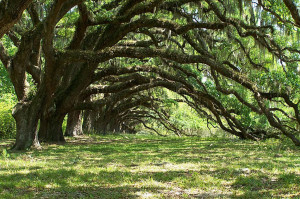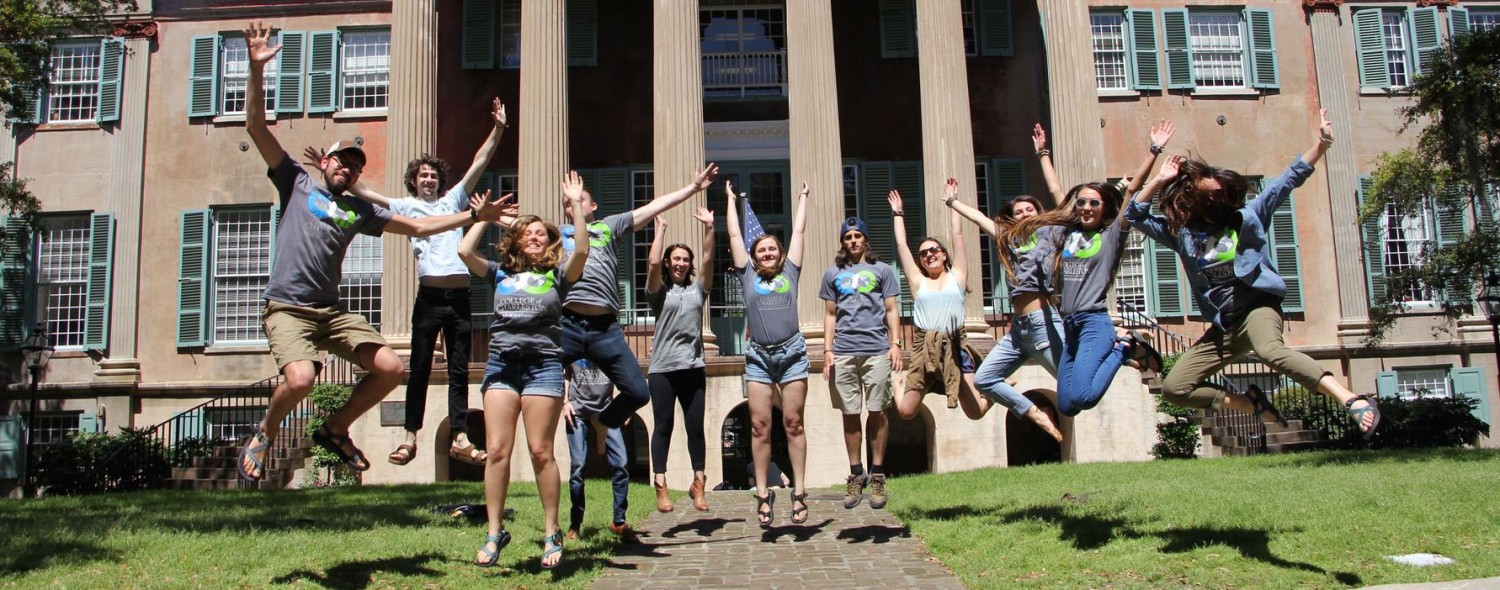Dixie Plantation and Will Allen

This past Saturday I joined the Office of Sustainability on a tour and workday at the Dixie Plantation student garden. This wasn’t my first trip to Dixie Plantation, but the remarkable beauty of the plantation never fails to surprise me. If you have never been to the plantation, I would highly recommend a visit. Our tour guides, Carmen and Nolan, allowed us to get our hands dirty in the garden while also providing a great overview of the various sustainable agriculture efforts at the student garden. Projects in the garden ranged from commonplace herb gardens to the bizarre, such as vermiculture (earthworm culture) and apiculture (bee-keeping)
The most exciting part of Dixie Plantation and the garden is the potential for the future. The garden has already expanded from its original size to include experimental land plots for independent student projects, and it is very possible that this growth could continue. Potential projects such as an aquaponics system (which harnesses a natural symbiosis between fish and plants for food production) as well as a black fly larvae composting system may also be implemented at Dixie plantation. Dixie plantation is also home to many other fledgling program such as student research stations, forest management programs, nature trails, and fundraising to name a few. A major question for the future of the College of Charleston is how Dixie Plantation will be utilized.
These exciting agricultural projects at the Dixie garden echo the work of the internationally recognized urban farmer—and former professional basketball player—Will Allen. In Allen’s recent visit to the College of Charleston, he gave the audience at the Sottile Theater a walkthrough of his work in urban farming and how sustainable food production improves the health of disadvantaged communities. This improved health includes both physical and societal health, resulting from education and exposure to sustainable agriculture as well as an increased sense of community. In the words of Will Allen, “We cannot have healthy communities without a healthy food system.” This same principal holds true in Charleston and is addressed in part by some community gardens and organizations that are already in place, such as the Greenheart project and the Chicora Place Community Garden.
Although the College of Charleston is not the same as the disadvantaged communities that Will Allen normally works with, the College could also benefit from expanding its sustainable agriculture efforts. Although there are many competing interests at Dixie Plantation, as a student, I believe some priority should be given to expanding the current sustainable agriculture efforts to a scale that could provide a reasonable amount of food for the college itself in a sustainable way. In a program such as this, not only could students, faculty and staff enjoy the benefit of healthy food, they could also learn about sustainable agriculture and use the program for outreach programs in much the same way Will Allen has done with his organization Growing Power. Although a project like this at Dixie Plantation would be far down the line, it is exciting for me to think of what the College of Charleston and Dixie could become.
-John Brooker
